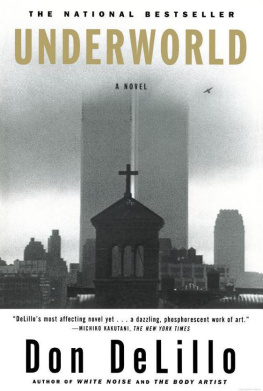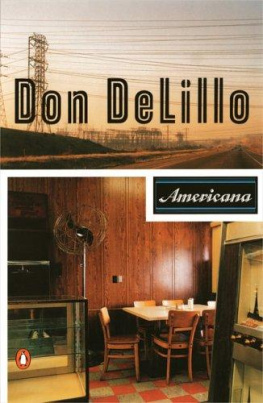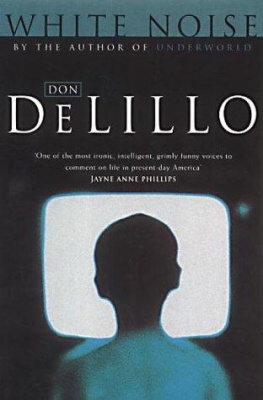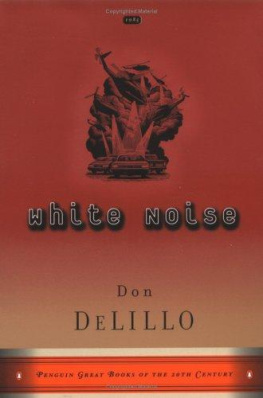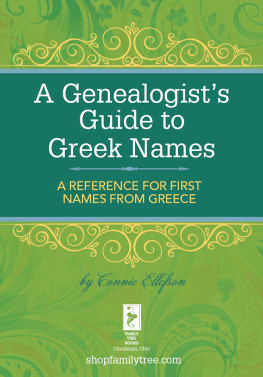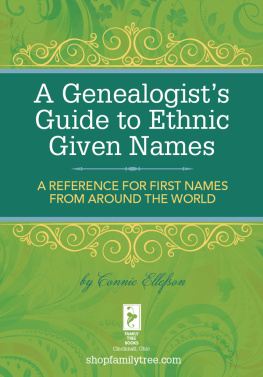
For a long time I stayed away from the Acropolis. It daunted me, that somber rock. I preferred to wander in the modern city, imperfect, blaring. The weight and moment of those worked stones promised to make the business of seeing them a complicated one. So much converges there. It's what we've rescued from the madness. Beauty, dignity, order, proportion. There are obligations attached to such a visit.Then there was the question of its renown. I saw myself climbing the rough streets of the Plaka, past the discos, the handbag shops, the rows of bamboo chairs. Slowly, out of every bending lane, in waves of color and sound, came tourists in striped sneakers, fanning themselves with postcards, the philhellenes, laboring uphill, vastly unhappy, mingling in one unbroken line up to the monumental gateway.What ambiguity there is in exalted things. We despise them a little.I kept putting off a visit. The ruins stood above the hissing traffic like some monument to doomed expectations. I'd turn a corner, adjusting my stride among jostling shoppers, there it was, the tanned marble riding its mass of limestone arid schist. I'd dodge a packed bus, there it was, at the edge of my field of vision.One night (as we enter narrative time) I was driving with friends back to Athens after a loud dinner in Piraeus and we were lost in some featureless zone when I made a sharp turn into a one-way street, the wrong way, and there it was again, directly ahead, the Parthenon, floodlit for an event, some holiday or just the summer sound-and-light, floating in the dark, a white fire of such clarity and precision I was startled into braking too fast, sending people into the dashboard, the backs of seats.We sat there a moment, considering this vision. It was a street in decline, closed shops and demolition, but the buildings at the far end framed the temple perfectly. Someone in the back seat said something, then a car came toward us, horn blowing. The driver stuck an arm out the window to gesture. Then his head appeared, he started shouting. The structure hung above us like a star lamp. I gazed a moment longer and backed out of the street.I asked Ann Maitland, who sat alongside, what the man had called me."Masturbator. It's standard. A Greek will never say anything he hasn't already said a thousand times.Her husband Charles reprimanded me for not knowing the word. To Charles it was a mark of one's respect for other cultures to know the local terms of abuse and the words for sex acts and natural wastes.We three were in the front seat. Behind were David Keller and his new young wife Lindsay and a man named Stock, a Swiss or Austrian located in Beirut, here to do business with David.There was always someone at dinner who was in town to do business with one of the regulars. They tended to be heavyset men, these guests, northern, raw. Eager faces, strong accents. They drank too much and left in the morning.With Ann's help I worked out our location and headed toward the Caravel, where Stock was staying."Isn't it awful?" Lindsay said. "I haven't been to the Acropolis. Two and a half months, is it, David?"Shut up. They'll think you're an idiot."I'm waiting for my curtains.I told her she wasn't the only one who hadn't been there and tried to explain why I'd been slow to make the pilgrimage.Charles Maitland said, "The thing is there, isn't it? Climb the hill. Unless it's some sort of perverse celebrity you're angling for. The man who turns his back to the peerless summit."Is that a trace of envy I hear? Grudging admiration?"Climb the hill, James. The thing is right there. It looms. It's close enough to knock you sideways.He had a way of feigning gruff impatience. It was a role he found himself comfortable in, being the eldest among us."That's just it," I said. "That's the point."What do you mean?" Ann said."It looms. It's so powerfully there. It almost forces us to ignore it. Or at least to resist it. We have our self-importance. We also have our inadequacy. The former is a desperate invention of the latter."I didn't know you were so deep," she said."I'm not normally."You've clearly studied the matter."The bloody thing has been there for millennia," Charles said. "Climb the hill, have your look and then descend at an even pace, step by step, placing one foot ahead of the other."Is it really that easy?I was beginning to enjoy myself."I think you ought to grow a beard or shave your head," Ann said. "We need a physical demonstration of your commitment to these deep ideas. I'm not sure you're altogether serious. Give us something to believe in. A shaved head would do wonders for this group.I drove past a sidewalk full of parked cars."We need a Japanese monk," she said to Charles, as if this were an answer they'd been seeking."Shave your head," Charles told me wearily."This is why your car is too small for six," Ann said. "It's Japanese. Why didn't we take two cars? Or three?David Keller, a husky blond Nebraskan of forty or so, said to me earnestly, "Jim, I think what our friends are trying to point out to you, boy, is that you're a fool, running a fool's errand, in a fool's world."You drive, David. You're too drunk to talk. Lindsay knows what I mean."You don't want to climb it because it's there," she said."Lindsay cuts to the heart of things."If it weren't there, you'd climb it."This woman has a gift," I said."We met on a plane," David said. "Somewhere over the ocean. Middle of the night. Local time." He was drawing everything out. "She looked so great. In her Pan Am flight socks. You just wanted to hug her, you know? Like an elf. Her hair kind of delectably frazzled. You wanted to give her a brownie and a glass of milk.When I pulled up at the Caravel we realized Stock was asleep. We got him out easily enough. Then I dropped the others and went home.I was living in a residential area that curls around the lower slopes of Lycabettus Hill. Most of the people I knew were here or nearby. The deep terraces spill over with lantana and jasmine, the views are panoramic, the cafes full of talk and smoke into the early hours. Americans used to come to places like this to write and paint and study, to find deeper textures. Now we do business.I poured myself some soda water and sat outside awhile. From the terrace the city stretched to the gulf in smoky vales and rises, a seamless concrete village. Rare nights, for whatever atmospheric reasons, you could hear planes taking off down by the water. The sound was mysterious, full of anxious gatherings, a charged rumble that seemed a long time in defining itself as something besides a derangement of nature, some onrushing nameless event.The phone rang twice, then stopped.I flew a lot, of course. We all did. We were a subculture, business people in transit, growing old in planes and airports. We were versed in percentages, safety records, in the humor of flaming death. We knew which airline's food would double you up, which routes connected well. We knew the various aircraft and their configurations and measured this against the distances we were flying. We could distinguish between bad-weather categories and relate them to the guidance system of the plane we were on. We knew which airports were efficient, which were experiments in timelessness or mob rule; which had radar, which didn't; which might be filled with pilgrims making the hadj. Open seating never caught us by surprise and we were quick to identify our luggage on the runway where that was the practice and we didn't exchange wild looks when the oxygen masks dropped during touchdown. We advised each other on which remote cities were well maintained, which were notable for wild dogs running in packs at night, snipers in the business district at high noon. We told each other where you had to sign a legal document to get a drink, where you couldn't eat meat on Wednesdays and Thursdays, where you had to sidestep a man with a cobra when you left your hotel. We knew where martial law was in force, where body searches were made, where they engaged in systematic torture, or fired assault rifles into the air at weddings, or abducted and ransomed executives. This was the humor of personal humiliation."It is like the Empire," said Charles Maitland more than once. "Opportunity, adventure, sunsets, dusty death.Along some northern coast at sundown a beaten gold light is waterborne, sweeping across lakes and tracing zigzag rivers to the sea, and we know we're in transit again, half numb to the secluded beauty down there, the slate land we're leaving behind, the peneplain, to cross these rainbands in deep night. This is time totally lost to us. We don't remember it. We take no sense impressions with us, no voices, none of the windy blast of aircraft on the tarmac, or the white noise of flight, or the hours waiting. Nothing sticks to us but smoke in our hair and clothes. It is dead time. It never happened until it happens again. Then it never happened.
Next page

